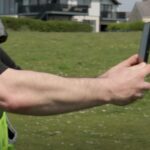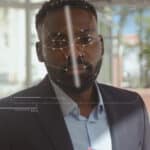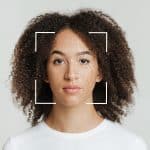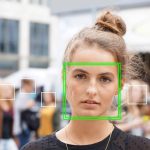Facial recognition comes to the fairway with US Open deployment

For the second year in a row, the U.S. Open golf tournament is using biometrics for ticketing, through partnerships with ticketing software company FortressGB and biometric ticketing firm Wicket.
“We know that people are here to watch the best players in the world, not stand in lines,” says Amanda Weiner, the U.S. Golf Association’s managing director of global media and ticketing, in a report from the Pittsburgh Post-Gazette. “That’s core to why we invest in this technology.”
FortressGB has implemented chip readers at this year’s course, the Oakmont Country Club near Pittsburgh. Guests can tap a credential pass or a phone at a kiosk to gain access to the golf course.
Anyone particularly worried about having their nice walk spoiled by ticketing friction can sign up for Wicket’s face-based entry. Wicket’s tech means fans who register face biometrics in advance won’t have to break stride when entering the course. It also means easier freedom of movement for players, caddies and support staff.
Biometric marvels at Intuit Dome take the sting out of early playoff exits
Fan experience can be extra important if your team steadily delivers below expectations on the winning front. In Los Angeles, the NBA’s Clippers are pushing the limits of the high-tech fan journey at Intuit Dome.
The facility is run by Halo Sports and Entertainment, which is owned by LA Clippers owner and former Microsoft CEO Steve Ballmer. In an interview with Fortune, Gillian Zucker, Halo’s CEO, explains why the venue has a policy of one digital ticket per phone: it means more data, and therefore greater personalization.
The stadium tracks decibel levels at each individual seat, which means the Clippers can award the loudest fan in the arena at each game. Fans entering the venue can look at a personalized greeting screen. “It’s exciting enough that it gets people to engage with their face ID,” Zucker says.
Facial recognition at venues gets bad rep thanks to MSG’s James Dolan
A piece published on the New York State Bar Association’s website looks at the legal implications of using facial recognition technology at entertainment venues. It includes some startling facts: “a recent report found that more than half of adult faces in the United States are in a facial recognition technology database,” for one.
The piece looks at the balance between safety and privacy, touching on cases in which facial recognition was deployed at Taylor Swift concerts and by Madison Square Garden owner James Dolan (for vengeance), raising ethical questions.
The piece concludes that “the federal government has left regulation largely up to the states, which has created a patchwork of laws. The entertainment industry has seen a wide range of ways that the technology can be used, and this usage will continue to grow.”
The immense potential and benefits of facial recognition technology cannot be overlooked. However, the negative consequences that we have already seen require an immediate response from lawmakers.”
Article Topics
biometric ticketing | biometrics | face biometrics | facial authentication | personalization | Wicket







Comments